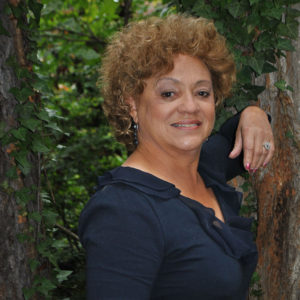The fight for dignity and equality is still going on, and it can be achieved with non-violence just as Dr. Martin Luther King Jr. taught us. This was the message keynote speaker, Dr. Oralene Simmons, preached during WCU celebration of the MLK week.

Martin Luther King Jr. keynote speaker Oralene Simmons gives speech following WCU’s Unity March. Image courtesy of WCU News.
Simmons is a native of western North Carolina and is known for her advocacy as a civil rights leader. Her great-great-grandfather, Joseph Anderson, was a slave and was held as collateral to guarantee a loan that was used to build Mars Hill College (now University) in the 1856. The same university where Simmons would be the first African American to integrate in an all-white institution in 1961. Since then, her daughter and granddaughter have also become alumnae.
Simmons has been fighting for human rights and social justice since her teens. In high school, she was bused from her home in Madison County to school in Buncombe County where she was a member of the Asheville Student Committee on Racial Equality (ASCORE), an organization comprised of young black and white students working together for integration in the late 1950s and early 1960s.
Simmons started the Asheville’s annual “Martin Luther King Prayer Breakfast” in 1982, celebrating Buncombe county’s efforts to achieve MLK’s ideals and the event is still going strong. Simmons was honored with the Most Outstanding Women of America Award, a prestigious award given for her life-long leadership in the western North Carolina community, as well as her inspirational story and message.
Simmons’s speech at WCU was on Jan. 22, following WCU’s annual Unity March. The presentation was hosted by the Department of Intercultural Affairs and the Black Student Union.
“It warms my heart to hear so many people from the audience tell me I have inspired them, and made them aware of things in themselves that they had not yet tuned into. I am always so appreciative when I see students lined up to speak to me, or shake my hand and tell me I’ve inspired them,” Simmons said after her speech.
Close to 100 students from Western Carolina University came to hear Simmons speak.
“It was a pretty cool presentation, to hear all she went through, and put herself in that position to overcome all that oppression. As a white male, I’m not aware of the privileges I have. It was very cool to hear about her face her struggles,” said James Sniderman, senior at Western Carolina University.



